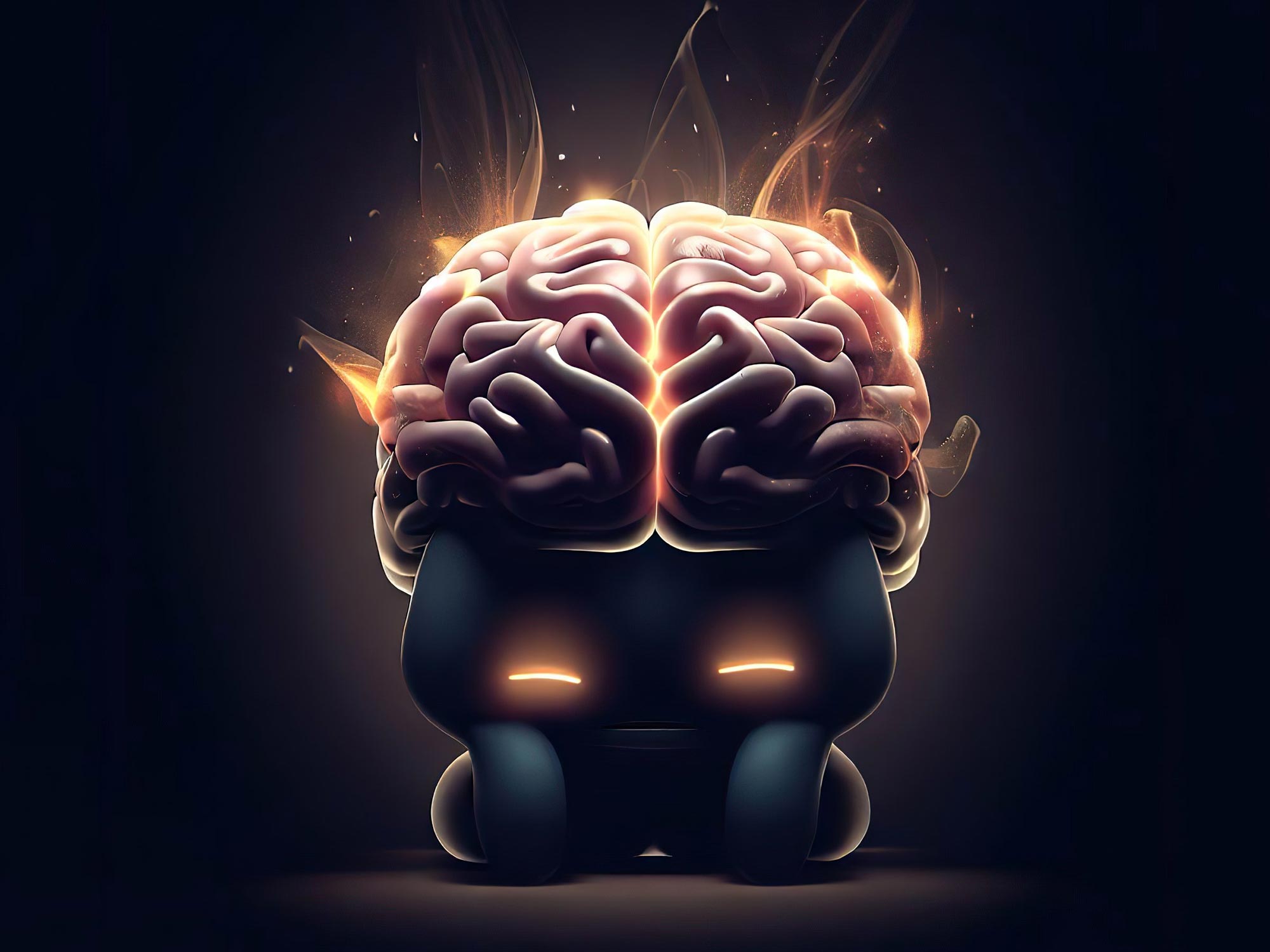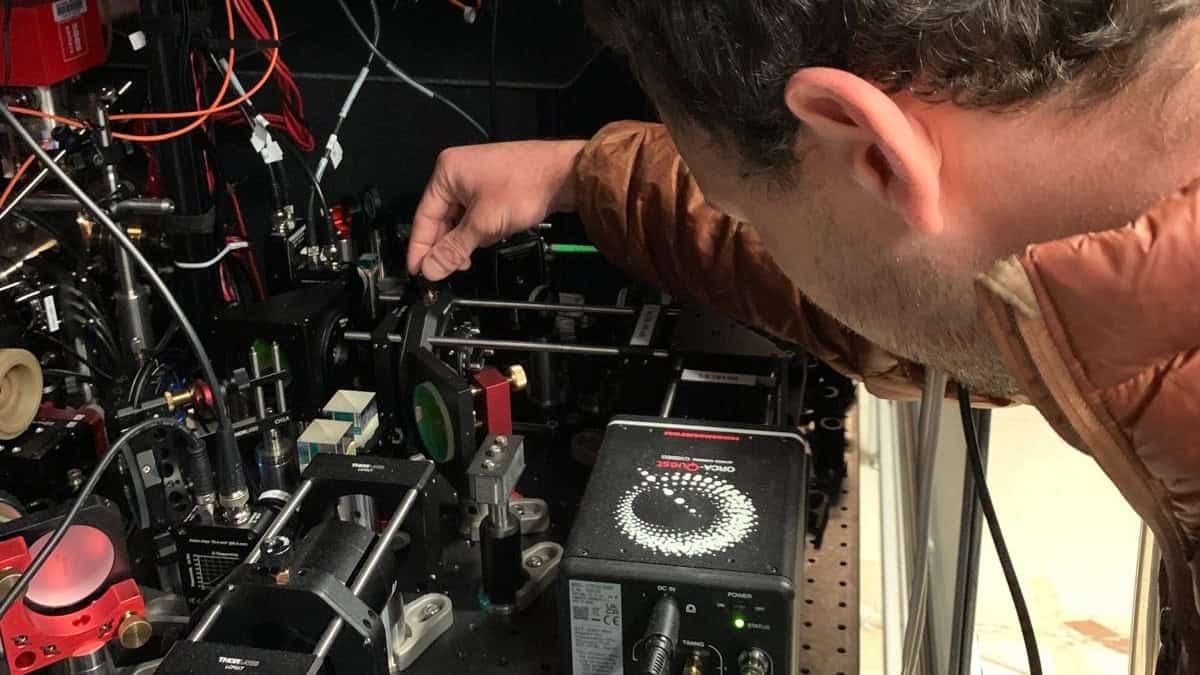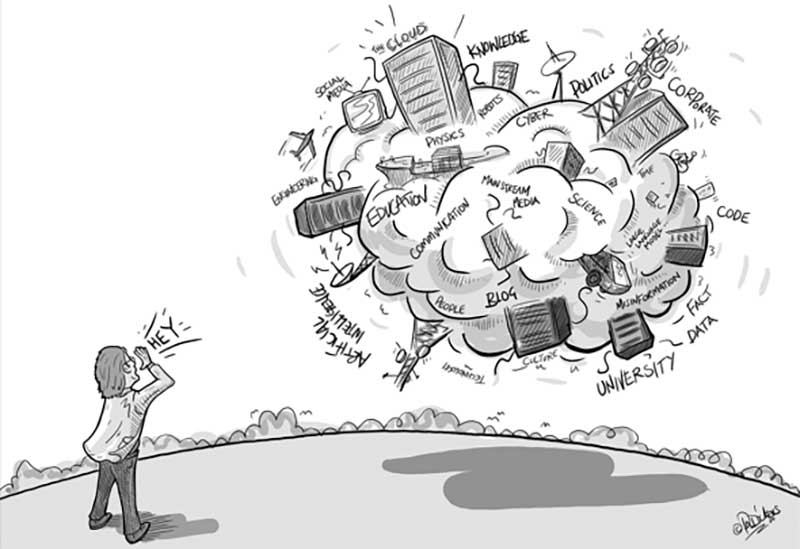Researchers found that higher cognitive reserve improves cognition but is negatively impacted by physiological stress. This study highlights potential clinical applications for stress management in Alzheimer’s prevention. Credit: SciTechDaily.comMentally stimulating activities and life experiences can improve cognition in memory clinic patients, but stress undermines this beneficial relationship. This is according to a new study from Karolinska Institutet published in Alzheimer’s & Dementia: The Journal of the Alzheimer’s Association.In the late 1980s, researchers discovered that some individuals who showed no apparent symptoms of dementia during their lifetime had brain changes consistent with an advanced stage of Alzheimer’s disease. Since then it has been postulated that so-called cognitive reserve might account for this differential protective effect in individuals.Cognitively stimulating and enriching life experiences and behaviors such as higher educational attainment, complex jobs, continued physical and leisure activities, and healthy social interactions help build cognitive reserve. However, high or persistent stress levels are associated with reduced social interactions, impaired ability to engage in leisure and physical activities, and an increased risk of dementia.Study on Cognitive Reserve and StressResearchers from Karolinska Institutet have now examined the association between cognitive reserve, cognition, and biomarkers for Alzheimer’s disease in 113 participants from the memory clinic at the Karolinska University Hospital, Huddinge, Sweden. They also examined how this association is modified by physiological stress (cortisol levels in saliva) and psychological (perceived) stress.Greater cognitive reserve was found to improve cognition, but interestingly, physiological stress appeared to weaken the association.“These results might have clinical implications as an expanding body of research suggests that mindfulness exercises and meditation may reduce cortisol levels and improve cognition,” says the study’s lead author Manasa Shanta Yerramalla, researcher at the Department of Neurobiology, Care Sciences and Society, Karolinska Institutet. “Different stress management strategies could be a good complement to existing lifestyle interventions in Alzheimer’s prevention.”Limitations and Future ResearchThe relatively small sample of participants reduces the possibility of drawing robust conclusions, but the results are generalizable to similar patient groups. Moreover, since stress disrupts sleep, which in turn disrupts cognition, the researchers controlled for sleeping medications; they did not, however, consider other aspects of sleep that might impair cognition.“We will continue to study the association between stress and sleeping disorders and how it affects the cognitive reserve in memory clinic patients,” says Dr. Yerramalla.The study was largely financed by the Swedish Alzheimer’s Foundation, the Swedish Research Council, and Region Stockholm (ALF funding). There are no reported conflicts of interest.Reference: “Cognitive reserve, cortisol, and Alzheimer’s disease biomarkers: a memory clinic study” by Manasa Shanta Yerramalla, Alexander Darin-Mattsson, Chinedu T Udeh-Momoh, Jasper Holleman, Ingemar Kåreholt, Malin Aspö, Göran Hagman, Miia Kivipelto, Alina Solomon, Anna Marseglia and Shireen Sindi, 4 June 2024, Alzheimer’s & Dementia: The Journal of the Alzheimer’s Association.DOI: 10.1002/alz.13866.
How Stress Wipes Out Your Cognitive Reserve




